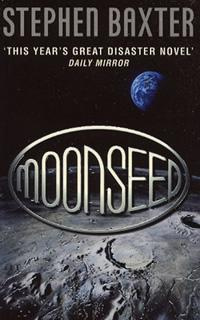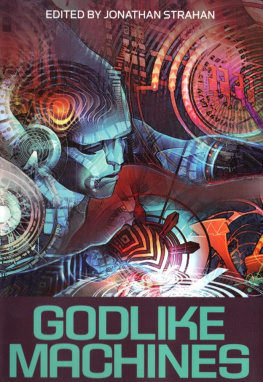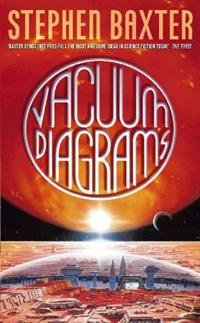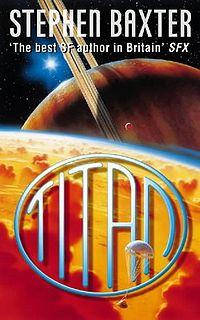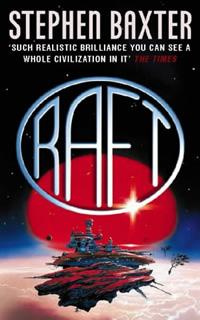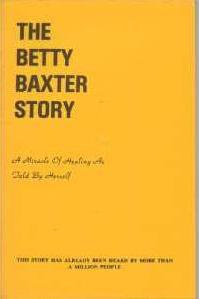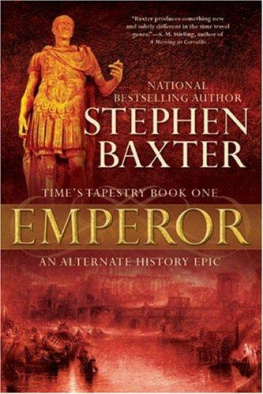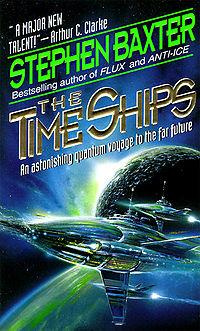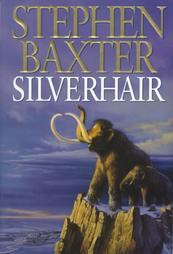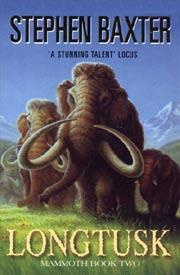Silverhair
by Stephen Baxter
To Sandra, and the Calves of Probos
My research for this book took me to the Hwange National Park, Zimbabwe; the Chobe National Park, Botswana; the George C. Page Museum at the Rancho La Brea tar pits, Los Angeles County; the Natural History Museum, London; and the National Museum of Natural History, Washington, D.C. Im indebted to Eric Brown for reading the manuscript, and for feedback to Dr. Adrian Lister of the Department of Biology, University College, London. Dr. Listers masterly book, Mammoths (Macmillan, 1994), was an essential resource, as was Gary Haynes Mammoths, Mastodons and Elephants (Cambridge University Press, 1991). Any errors, omissions, or misinterpretations are, of course, mine.
Stephen Baxter
Great Missenden
August 1998
It is a frozen world.
To the south there are forests. But to the north the trees hundred-year-old spruce barely six feet tall, stunted by cold and wind grow ever more thinly scattered, until they peter out altogether.
And beyond, where it is too cold for the hardiest tree, there is only the tundra: an immense, undulating plain, a white monotony broken by splinters of rock. Very little snow falls here, but unimpeded winds whip up ice crystals, giving the illusion of frequent blizzards. Even the outcropping rock has been shattered by millennia of frost to a rough, unstable scree.
Under the silent stars nothing stirs but the ruffled surface of the larger lakes, tormented by the breeze. The smaller lakes are frozen completely. From this place there is nothing but snow and ice and frozen ocean, all the way to the North Pole.
It seems impossible that anything should live here. And yet there is life.
There are birds here: snowy owls and ptarmigan, able to survive the bleakest midwinter by sheltering in holes in the snow. And later in the season many thousands more birds will migrate here from their winter homes across the planet. More life, plant and animal, lies dormant under the snow, waiting for the brief glory of summer. And to the north, on the frozen ocean itself, live polar bears and their prey: sea mammals like seals and walruses.
And there is more.
The stars are scintillating now. A vicious wind is rising, and the ice fields to the north are shrouded in a gray haze.
And out of that haze something looms: a mountainous shape, seemingly too massive to move, yet move it does. As it approaches through the obscuring mist, more of its form becomes visible: a body round as an eroded rock, head dropped down before it as it probes for saxifrage buds beneath the snow, the whole covered in a layer of thick, red-brown hair.
The great head rears up. A trunk comes questing, and immense tusks sweep. An eye opens, warm, brown, intense, startlingly human.
This is not a vision from prehistory. This is real: a living thing a hundred times as massive as any human, a living thing prospering in this frozen desert.
The great trunk lifts, and the woolly mammoth trumpets her ancient songs of blood and wisdom.
Her name is Silverhair.
The Story of the Hotbloods
The first Cycle story of all (Silverhair told Icebones, her calf) the very first of all is of long, long ago, when there were no mammoths.
In fact, there were no wolves or birds or seals or bears.
For the world belonged to the Reptiles.
Now, the Reptiles were the greatest beasts ever seen so huge they made the Earth itself shake with their footfalls and they were cunning and savage hunters.
But they didnt have things all their own way.
Our ancestors called themselves the Hotbloods.
The Hotbloods were small, timid creatures who lived underground, in burrows, the way lemmings do. The ancestors of every warm-blood creature you see today lived in those cramped dens: bear with seal, wolf with mammoth. They had huge, frightened eyes, for they would emerge from their burrows only at night, when the Reptiles were less active and less able to hunt them. They all looked alike, and rarely even argued, for their world was dominated by the constant threat of the Reptiles.
That was the way the world had been for ten thousand Great-Years.
It was into this world that Kilukpuk, the first of all Matriarchs, was born. If you could have seen her, small and cautious like the rest, you would never have imagined the mighty races that would one day spring from her loins. But despite her smallness, Kilukpuk was destined to become the mother of us all.
Now, Kilukpuk had a brother, called Aglu. He was hard-eyed and selfish, and was often accused of hiding when foraging parties were being readied, and of stealing others food even stealing from infants. But Aglu was sly, and nothing was ever proven.
Despite his faults, Kilukpuk loved her brother. She defended him from attack, and did not complain when he took the warmest place in the burrow, or stole her food, for she always dreamed he would learn the error of his ways.
Now, there came a time when a great light appeared in the night sky.
It was a ball of gray-white, and it had a huge, hairy tail that streamed away from the sun. The light was beautiful, but it was deadly, for it turned night to day, and made it easy for the Reptiles to pick off the foraging Hotbloods. Great was the mourning in the burrows.
One night Kilukpuk was out alone, digging in a mound of Reptile dung for undigested nuts when suddenly
Well, Kilukpuk never knew what happened, and I dont suppose any of us will.
The Earth trembled. There was a great glow, as if dawn were approaching but the glow was in the west, not the east. Clouds boiled across the sky.
Then the sky itself started to burn, and a great hail of shooting stars poured down toward the land, coming from the west.
Kilukpuk felt a new shaking of the ground. Silhouetted against the red fire-glow of the west, she saw Reptiles: thousands, millions of them and they were running.
The Reptiles had ruled the world as gods. But now they were fleeing in panic.
Kilukpuk ran back to her burrow, convinced that if even the gods were so afraid, she, and her Family, were sure to die.
The days that followed were filled with strangeness and terror.
A great heat swept over the land.
Then a rain began, salty and heavy, so powerful it was as if an ocean was emptying itself over their heads.
And then the clouds came, and snow fell even at the height of summer.
Kilukpuk and her Family, starved and thirsty, thought this was the end of all things. But their burrows protected the Hotbloods, while the creatures of the surface perished.
At last the cold abated, and day and night returned to the world.
No Reptiles came. There were no footfalls, no digging claws, no bellows of frustrated hunters.
At last, one night, Kilukpuk and Aglu led a party to the surface.
They found a world that was all but destroyed. The trees and bushes had been smashed down by winds and burned by fire.
There were no Reptiles, anywhere.
But the Hotbloods found food to eat in the ruined world, for they were used to living off scraps anyhow. There were roots, and bark that wasnt too badly burned, and the first green shoots of recovering plants.
Soon the Hotbloods grew fat, and, without the ground-rattling footfalls of the Reptiles to disturb them, began to sleep well during the long, hot days of that strange time.
But there came a time when some Hotbloods did not return from the nightly foraging expeditions, just as it had been before. And then, one day, Kilukpuk was wakened from a dreamless sleep by a slam-slam-slam that shook dirt from the roofs of the burrows.
Aglu, her brother, came running through the burrows. "It is the Reptiles! They have returned!"


